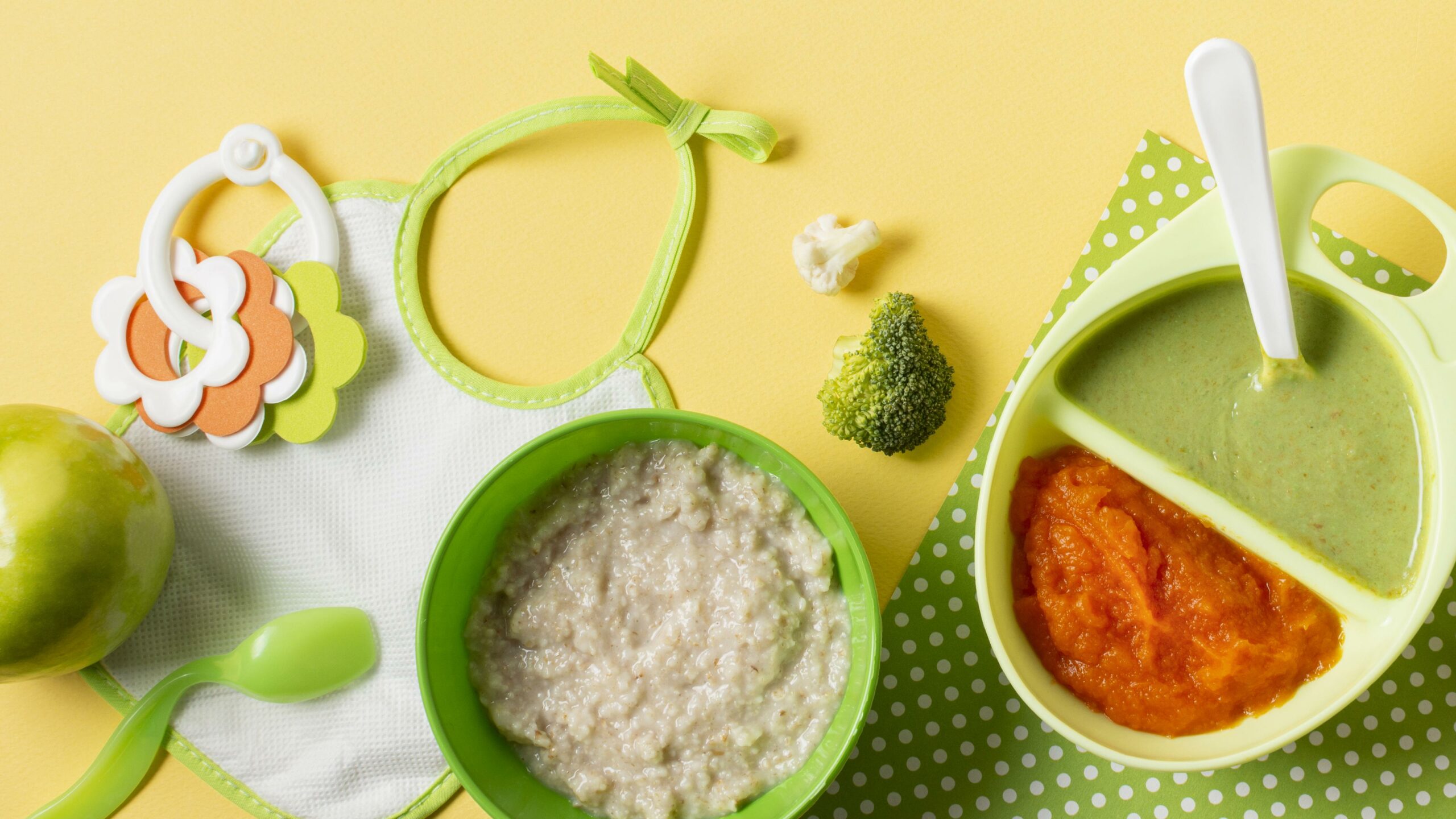Dietary Supplements for Toddlers (Dr. Maryum)
- Dr Owais Rafiq
- September 28, 2023
- 8:52 pm

Parents always strive to provide optimal nutrition for their toddlers. While a balanced diet is crucial, dietary supplements can complement their growth and development. In this blog, we will explore dietary supplements for toddlers, offering valuable insights to help you make informed choices.
Important Nutrient Supplements and Their Benefits
Here are some important nutrients that should be considered for inclusion in toddler supplements:
- Vitamin D: Helps with calcium absorption and bone development.
- Vitamin B12: Essential for nerve function and healthy blood cells.
- Iron: Important for the growth, development, and production of red blood cells.
- Vitamin C: Supports the immune system and aids in iron absorption.
- Omega-3 fatty acids: Promote brain development and cognitive function.
- Vitamin A: Necessary for vision, immune function, and cell growth.
- Vitamin E: Acts as a protective agent against cell damage and helps strengthen the immune system
- Zinc: Essential for growth, immune function, and wound healing.
- Calcium: Important for strong bones and teeth.
- Probiotics: Support a healthy gut and immune system.

Understanding the Role of Dietary Supplements
Dietary supplements are specifically designed to provide essential nutrients that may be lacking in a toddler’s diet. They are not meant to replace a varied and nutritious eating plan but can help bridge nutritional gaps. Toddlers have unique needs due to their rapid growth, requiring adequate vitamins and minerals for brain development, bone strength, and overall well-being.

Choosing the Right Supplements
When selecting dietary supplements for toddlers, consider the following tips:
- Consult a healthcare professional: Before introducing any supplements, consult your child’s pediatrician. They can assess your toddler’s specific nutritional needs, evaluate their diet, and provide guidance.
- Quality and Safety: Opt for supplements specially designed for toddlers, ensuring they are safe and effective. Choose trusted brands from reputable manufacturers. Look for supplements that have undergone independent verification by organizations like the Food and Drug Administration (FDA) for added assurance. Additionally, consider recommendations from the American Academy of Pediatrics (AAP) regarding specific supplements for children.
- Read Labels Carefully: Review dosage recommendations, ingredients, and potential allergens on supplement labels. Avoid supplements with excessive additives, artificial colors, or unnecessary fillers.
- Consider the Form: Toddlers may have difficulty swallowing tablets or capsules. In such cases, liquid or chewable forms of supplements may be more suitable.
- Monitor Your Toddler’s Response: After introducing a supplement, observe any changes in your toddler’s health or behavior. If you notice adverse effects, discontinue use and consult your healthcare provider.

Potential Risks and Limitations of Dietary Supplements
Dietary supplements for toddlers have potential risks and limitations. These include:
- lack of regulation
- possible contamination
- interactions with medications
- risk of nutrient overdose
- inability to replace a balanced diet.
It is important to consult with a healthcare professional, choose reputable brands, and prioritize a varied and nutritious diet to minimize these risks and ensure the safety and effectiveness of supplements for your toddler’s health and well-being.
Conclusion
While dietary supplements can support the nutritional needs of toddlers, they should never replace a well-balanced diet. Prioritize providing a variety of nutrient-rich foods and consult with your child’s pediatrician to determine if supplements are necessary. Together, we can help our toddlers thrive and grow into healthy individuals.
Dr Owais Rafiq
Subscribe to Dr Owais YouTube channel
For parenting advice, child health, symptoms, causes and treatment of illness in children.





